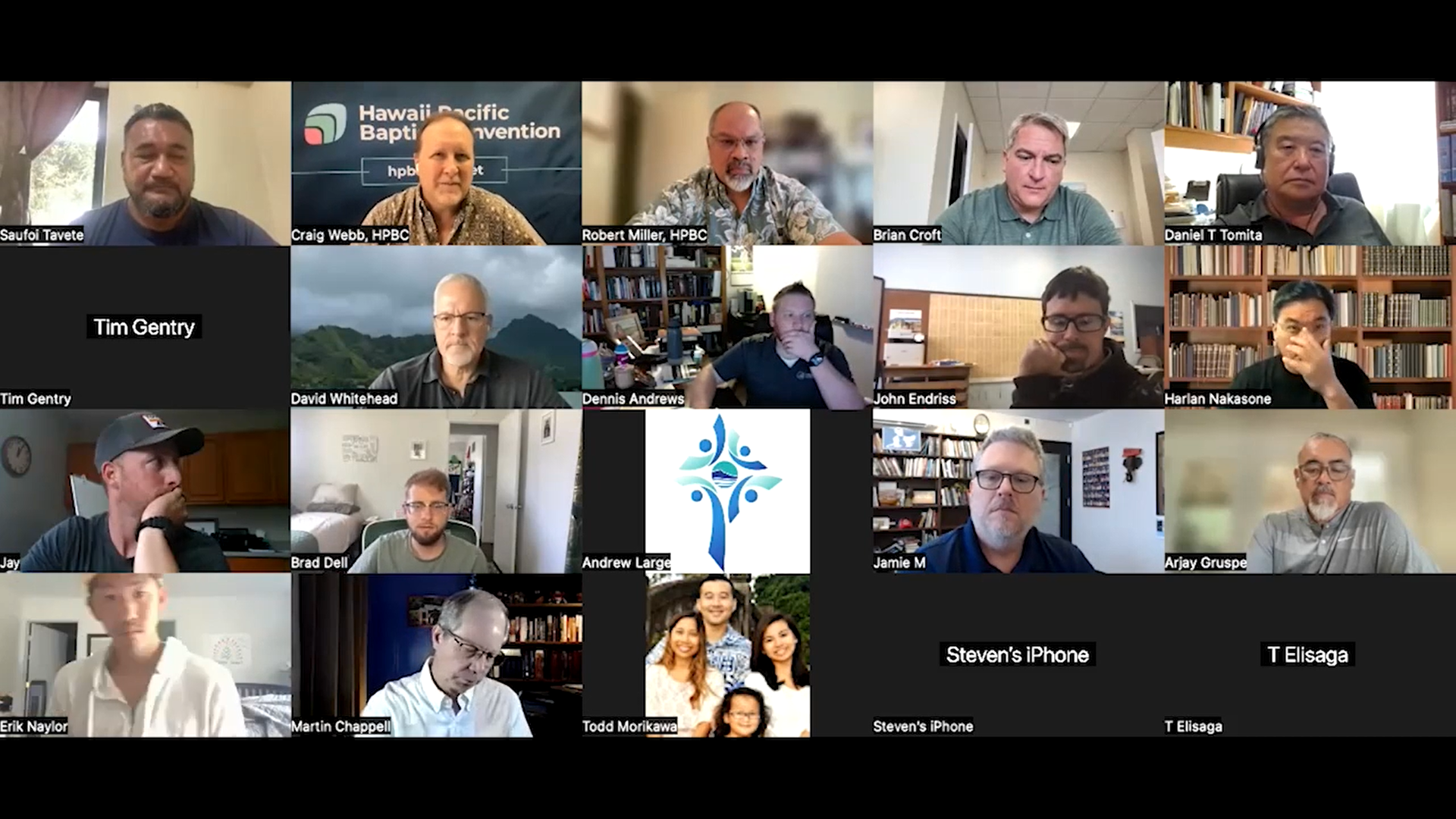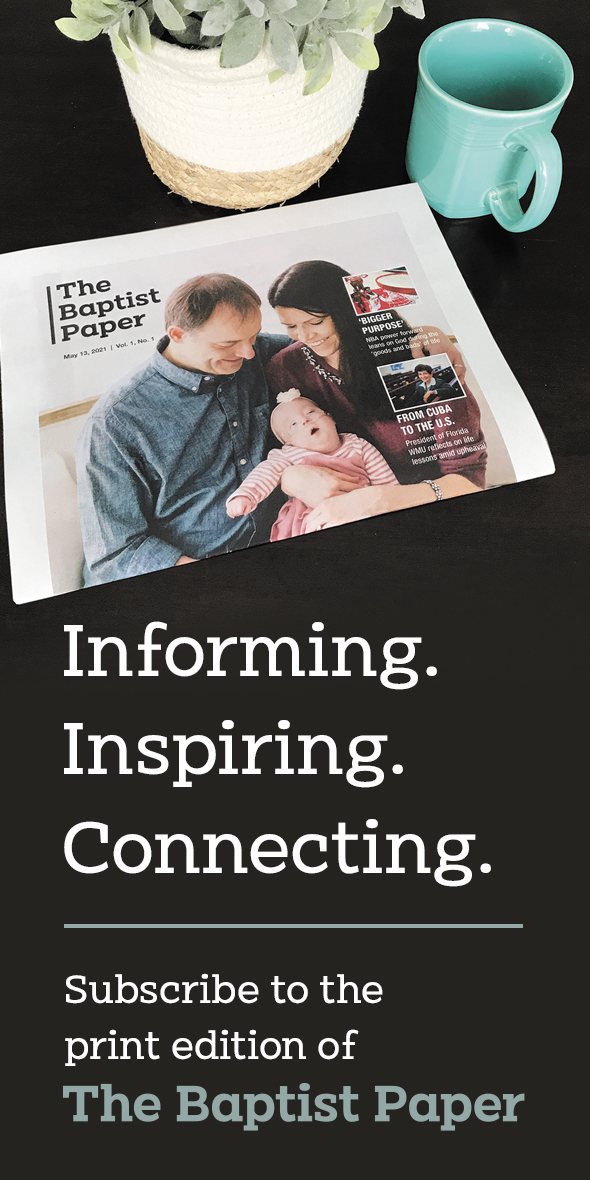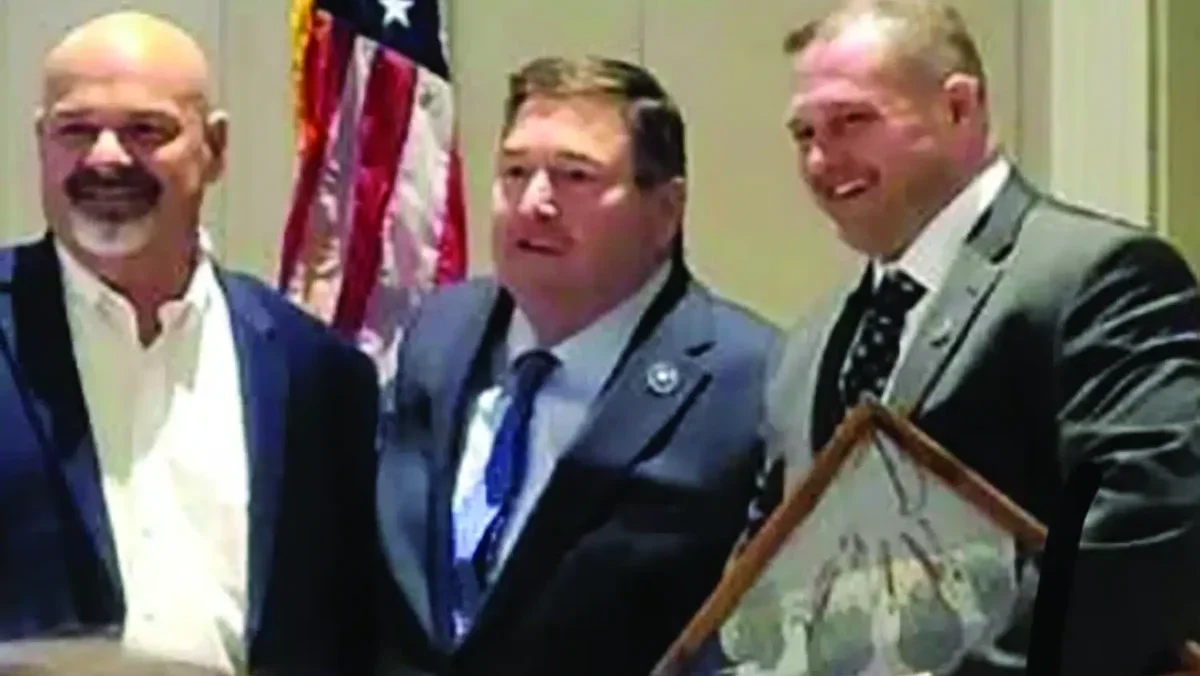No church is exempt from conflict, said Brian Croft in an online forum for pastors.
But, said the founder and executive director of Practical Shepherding, the Bible has wisdom for pastors seeking to lead a church through conflict and toward unity. That wisdom was the focus of a spring forum hosted by the Hawaii Pacific Baptist Convention. Pastors from the convention joined Croft online for a time of teaching and a question-and-answer session.
Croft began the forum with his own story of church conflict.
Staying when things get tough
As the new pastor of a small congregation in Kentucky, his first five years included multiple efforts to fire him — waning support from the committee who called him, even threats of physical violence against him.
The church was struggling financially and his own health was deteriorating, he said. But, Croft told pastors, he stayed, and God — in His kindness — turned things around in year six. Relationships were redeemed, and Croft pastored that church many more years.
Staying when conflict abounds isn’t our natural response, he said. But Paul’s example in 1 Corinthians 16:5–9 encourage leadership that remains because of the adversaries that are present.
“What do we do when we have conflict in the church? What do we do when adversaries actually come against us in our ministries? What I want us to see from this — it’s not what we think,” Croft said. Instead of running from conflict, he said, pastors have an opportunity to confront it in a way that ultimately brings restoration.
“What if the most difficult person in your church is actually evidence from God that you’re supposed to stay there?”
The heart of the issue
Croft addressed two kinds of conflict common in churches: conflict with the pastor and conflict between members. Help for the latter, he said, is also found in Scripture.
Croft pointed to the example in Romans 14 when Christians are arguing about what foods are appropriate to eat. That particular issue of conscience, he said, is similar to many of the things that cause division in churches today.
But rather than pick sides in the debate, Paul gave the church an admonition to love one another.
“It’s not about who’s right and who’s wrong. The issue is a lack of love between one another,” Croft said. Paul is diagnosing the bigger issue as that lack of love, and telling the church that if they really loved one another, they would be mindful of the convictions the other party has on the issue.
Croft referred to 1 Corinthians 13, a chapter of Scripture that he said is often taken out of context. It’s not just a passage to be read at weddings. It’s a clear definition of the love to which Christians are called.
“We have to remind Christians in our churches to love each other, to love Christ preeminently,” he said. “And our love for Christ would make us love people we disagree with, would make us love people who irritate us, would make us love people whose personalities rub us the wrong way.”
“It’s a lack of love that creates a lot of the conflict in the church. And if we can encourage our people to love one another, then a lot of times, the Holy Spirit does that work in the hearts of our people, to help them overlook those differences in our lives that usually create the conflict.”
A pastor’s default position on conflict
During a Q&A time with pastors, Croft addressed some specifics of church conflict, including how to navigate the tension between pursuing reconciliation and acknowledging it might not happen this side of heaven.
Croft told pastors it takes years, not months, of faithful shepherding and preaching God’s Word to chip away at the hurt and pain in many established churches. Sometimes, a pastor realizes they’re working with someone who doesn’t have it in them anymore to work toward reconciliation, Croft said, and a realistic perspective is warranted. But the default position, he advised, is to encourage people to stay and do the hard work of conflict.
“I think you have to earn the trust with those people, which takes I think five plus years, to be able to speak into these situations in a way that you might be the one God uses to bring mediation.”










